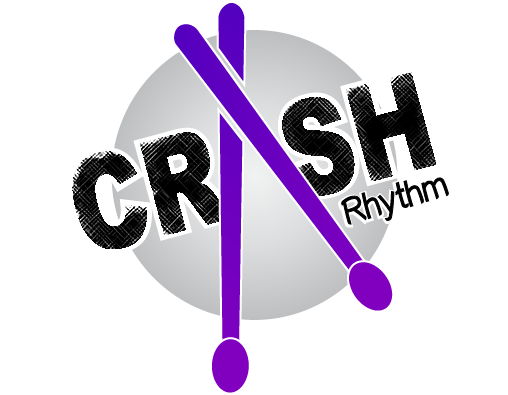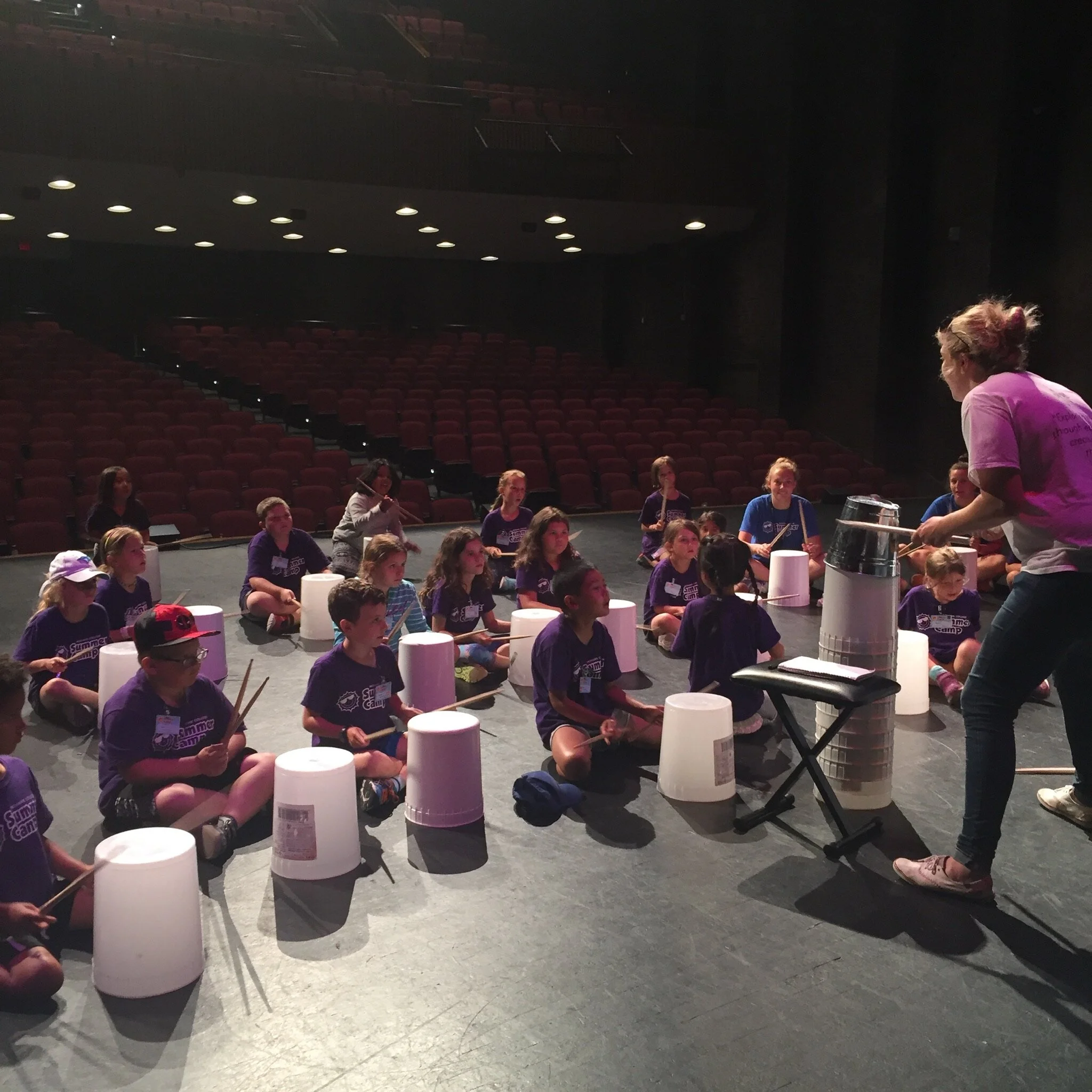I really pride myself on creating fun and unique musical activities. Activities that engage kids while sneakily teaching them something about music. About a year ago I remembered feeling very stuck with new, young students after having gone through all of my activities. I remember thinking that if it wasn’t new and fresh that they would either lose interest or it would be a waste of their time. Then I remembered something I had read in one of Malcolm Gladwell’s books.
He talked about how Sesame Street changed the way we view children’s programming simply by thinking of quantity over quality. Usually you would think that with education you would want quality over quantity, but in this case the creators of Sesame Street realized that the kids watching their show did not care if the same episode played every day that week. They still watched it! And after studying this new method it was discovered that the kids were able to retain way more information from watching the same content 5 times a week.
This made me realize that even though I had done an activity with a kid before, It didn’t meant that they were not going to learn more from doing it again and it certainly did not mean they were already bored of it. This obviously saved me lots of stress when grasping at straws for new content, while giving me piece of mind that recycling these activities would help engrain the content even more. Thanks Sesame Street!
-Hilary





